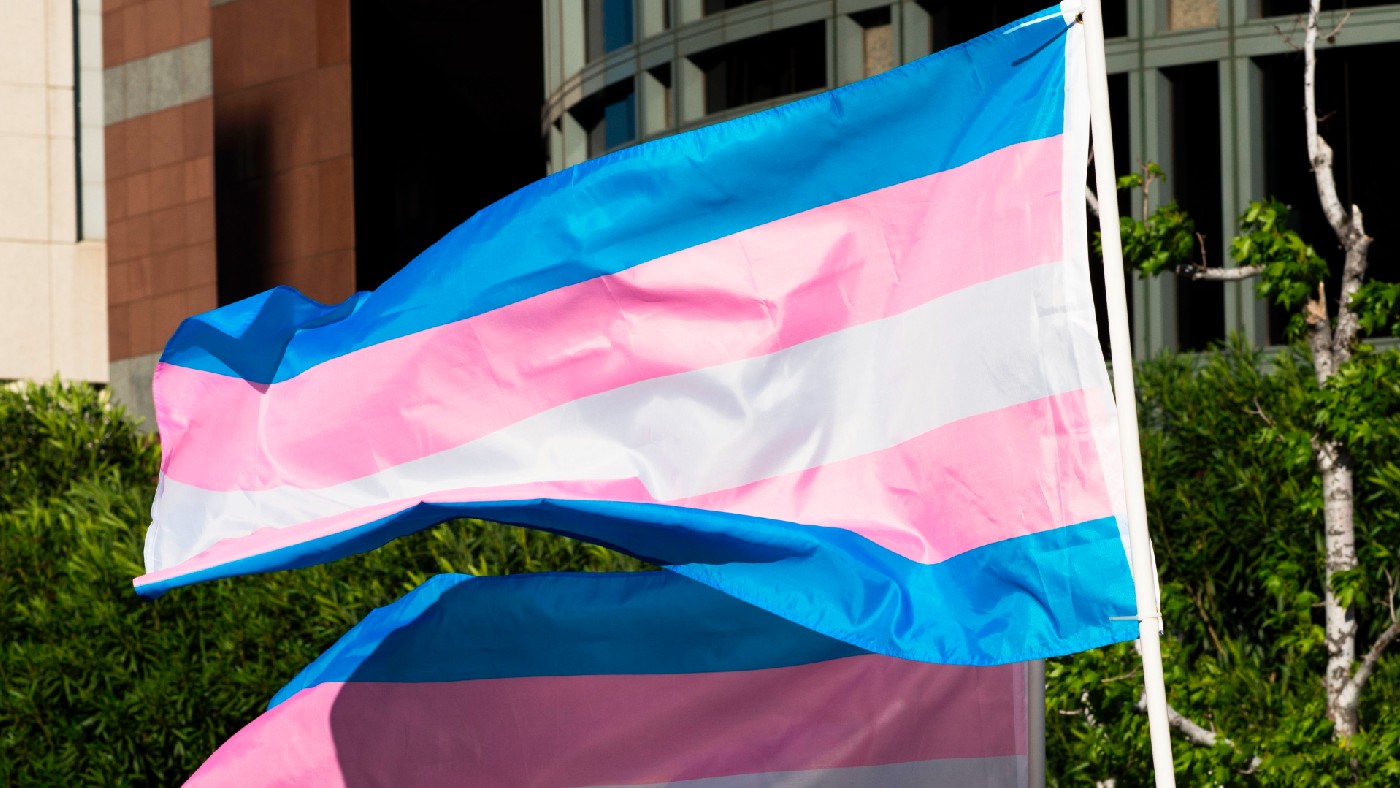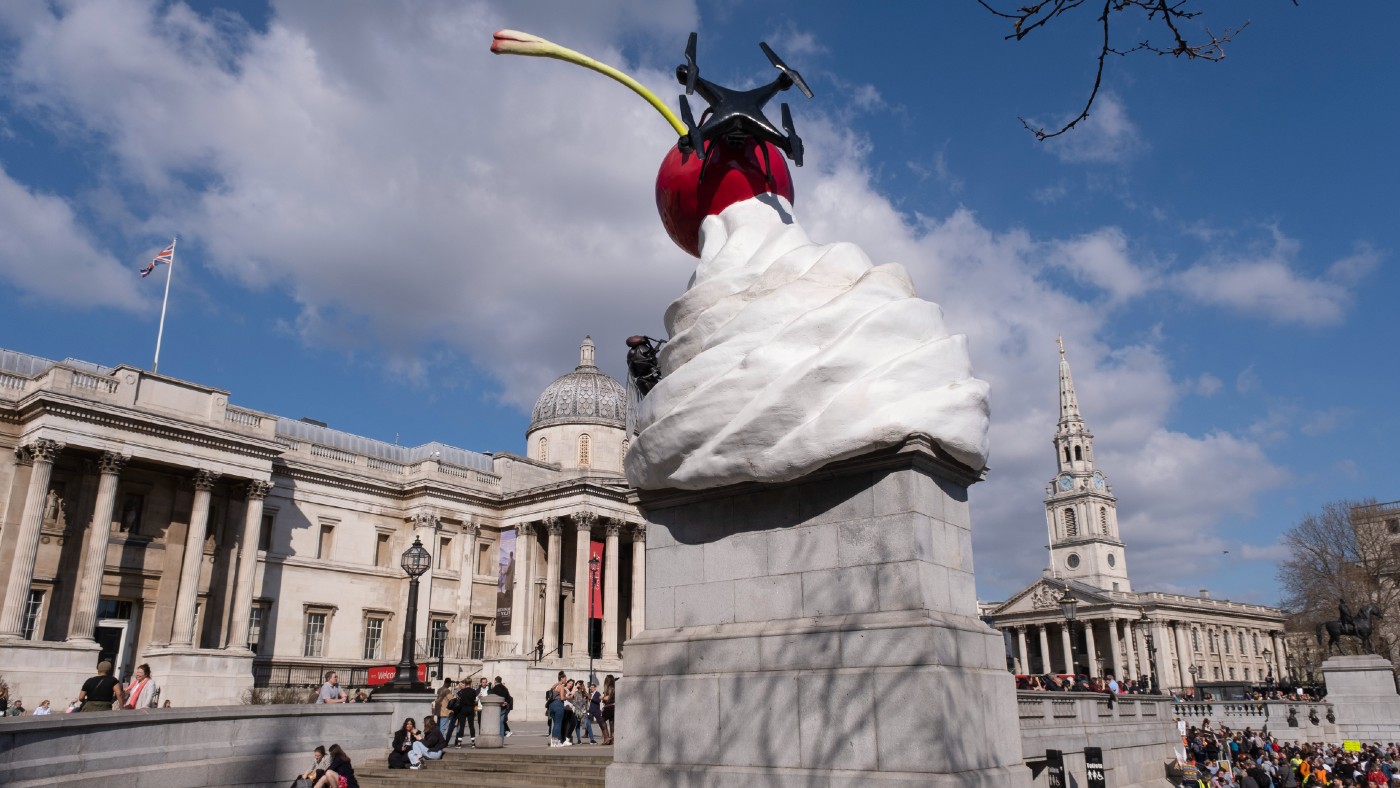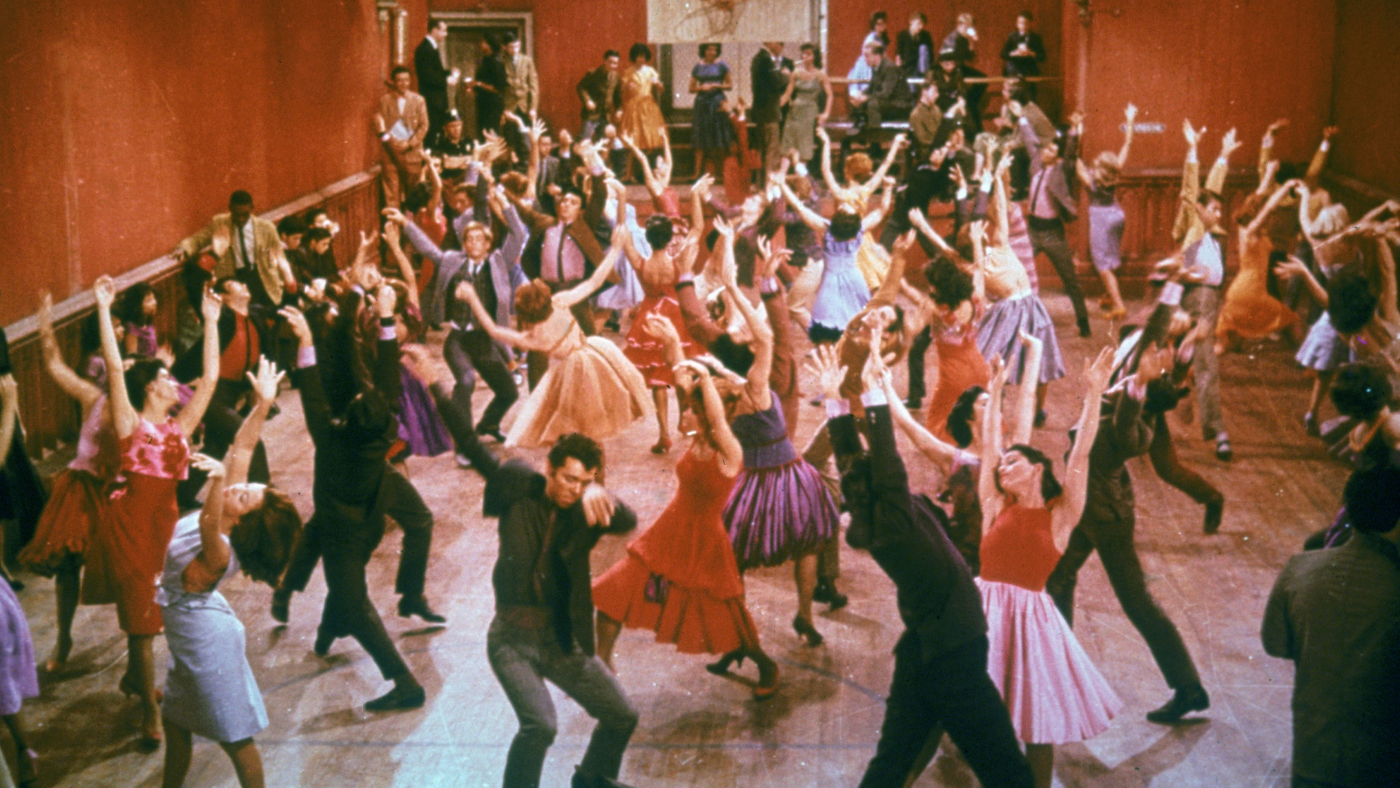‘Peoplekind’ and ‘puggle’: what’s new in the Oxford English Dictionary
New words include gender-neutral pronouns and terms for cannabis and cocktails

A free daily email with the biggest news stories of the day – and the best features from TheWeek.com
You are now subscribed
Your newsletter sign-up was successful
The Oxford English Dictionary, widely regarded as the most important dictionary in the English language, added more than 650 words to its compilation this month.
According to OED senior assistant editor Jonathan Dent, “each new and revised entry has been painstakingly researched, and at no point have our editors simply mailed it in”.
Updates include the revival of words that have come back into use, from Old English vocabulary to those first recorded a decade ago. User-submitted appeals have also been taken into account, including ones derived from the online campaigns #wordwhereyouare, calling for regional vocabulary additions, and #hobbywords for those related to particular pastimes.
The Week
Escape your echo chamber. Get the facts behind the news, plus analysis from multiple perspectives.

Sign up for The Week's Free Newsletters
From our morning news briefing to a weekly Good News Newsletter, get the best of The Week delivered directly to your inbox.
From our morning news briefing to a weekly Good News Newsletter, get the best of The Week delivered directly to your inbox.
Some of the most noteworthy additions are influenced by the ways in which the world is changing today.
Gender-related changes
A number of gender-neutral and inclusive pronouns have been added. The new words “zir”, “hir” and “peoplekind” were all created as alternatives for traditional male or female pronouns.
“Latin@”, which uses the @ symbol to represent the letters a and o, and “Latinx”, symbolising an unknown or undetermined ending, were also added. Both words are used as gender-neutral alternatives to the adjective Latino/Latina.
A free daily email with the biggest news stories of the day – and the best features from TheWeek.com
Cannabis vocab in the era of legalisation
Words related to the cannabis industry have also been added, including “cannabis edibles” and “cannabutter”, the mixture of butter and cannabis that is used to make them. “Cannabusiness” refers to “the production and sale of cannabis or cannabis-related products”, which is on the rise in countries around the world, according to Forbes.
Cocktails now on the menu
Drinks such as the crème de menthe, crème de cacao and plain old cream mixture known as a “grasshopper cocktail” and this summer’s favourite “Aperol spritz” can now be found in the OED. There are also new words related to drinks: “spritzy” (bubbly) and “skunked” (beer that is smelly and spoiled after being exposed to too much light).
Recognition for furry friends
Pedigree dog breeds are no longer the only pooches recognised in the OED. Owing to the growing popularity of dogs who are parented by two pedigree animals, a few common cross-breeds have been added: “puggle”, a mixture between a pug and beagle; “maltipoo”, half Maltese terrier and half toy poodle; and “dorgis”, a dachshund/corgi mix, all gained entries.
Body parts are in the book
Body parts have also made the OED – “though you may need to use the following words with caution as they might get you into trouble”, says Metro. “Bawbag”, meaning scrotum; “bosie”, meaning breast; and the less crude but equally unusual “geggie”, meaning mouth, have all been added to reflect the evolution of the English language.
-
 Political cartoons for February 12
Political cartoons for February 12Cartoons Thursday's political cartoons include a Pam Bondi performance, Ghislaine Maxwell on tour, and ICE detention facilities
-
 Arcadia: Tom Stoppard’s ‘masterpiece’ makes a ‘triumphant’ return
Arcadia: Tom Stoppard’s ‘masterpiece’ makes a ‘triumphant’ returnThe Week Recommends Carrie Cracknell’s revival at the Old Vic ‘grips like a thriller’
-
 My Father’s Shadow: a ‘magically nimble’ film
My Father’s Shadow: a ‘magically nimble’ filmThe Week Recommends Akinola Davies Jr’s touching and ‘tender’ tale of two brothers in 1990s Nigeria
-
 Sport on TV guide: Christmas 2022 and New Year listings
Sport on TV guide: Christmas 2022 and New Year listingsSpeed Read Enjoy a feast of sporting action with football, darts, rugby union, racing, NFL and NBA
-
 House of the Dragon: what to expect from the Game of Thrones prequel
House of the Dragon: what to expect from the Game of Thrones prequelSpeed Read Ten-part series, set 200 years before GoT, will show the incestuous decline of Targaryen
-
 One in 20 young Americans identify as trans or non-binary
One in 20 young Americans identify as trans or non-binarySpeed Read New research suggests that 44% of US adults know someone who is transgender
-
 The Turner Prize 2022: a ‘vintage’ shortlist?
The Turner Prize 2022: a ‘vintage’ shortlist?Speed Read All four artists look towards ‘growth, revival and reinvention’ in their work
-
 What’s on TV this Christmas? The best holiday television
What’s on TV this Christmas? The best holiday televisionSpeed Read From films and documentaries to musicals for all the family
-
 Coco vision: up close to Chanel opticals
Coco vision: up close to Chanel opticalsSpeed Read Parisian luxury house adds opticals to digital offering
-
 Abba returns: how the Swedish supergroup and their ‘Abba-tars’ are taking a chance on a reunion
Abba returns: how the Swedish supergroup and their ‘Abba-tars’ are taking a chance on a reunionSpeed Read From next May, digital avatars of the foursome will be performing concerts in east London
-
 ‘Turning down her smut setting’: how Nigella Lawson is cleaning up her recipes
‘Turning down her smut setting’: how Nigella Lawson is cleaning up her recipesSpeed Read Last week, the TV cook announced she was axing the word ‘slut’ from her recipe for Slut Red Raspberries in Chardonnay Jelly